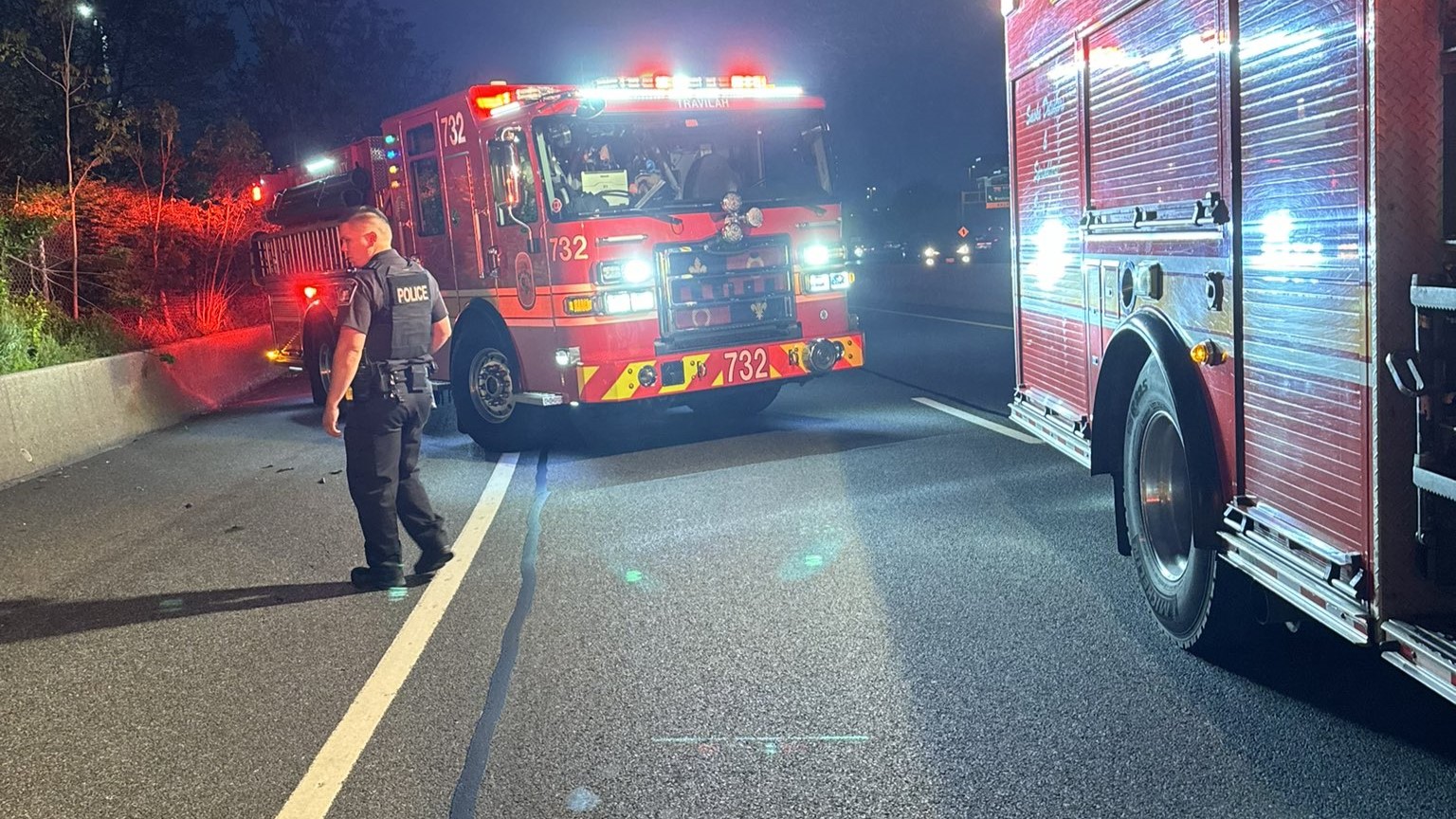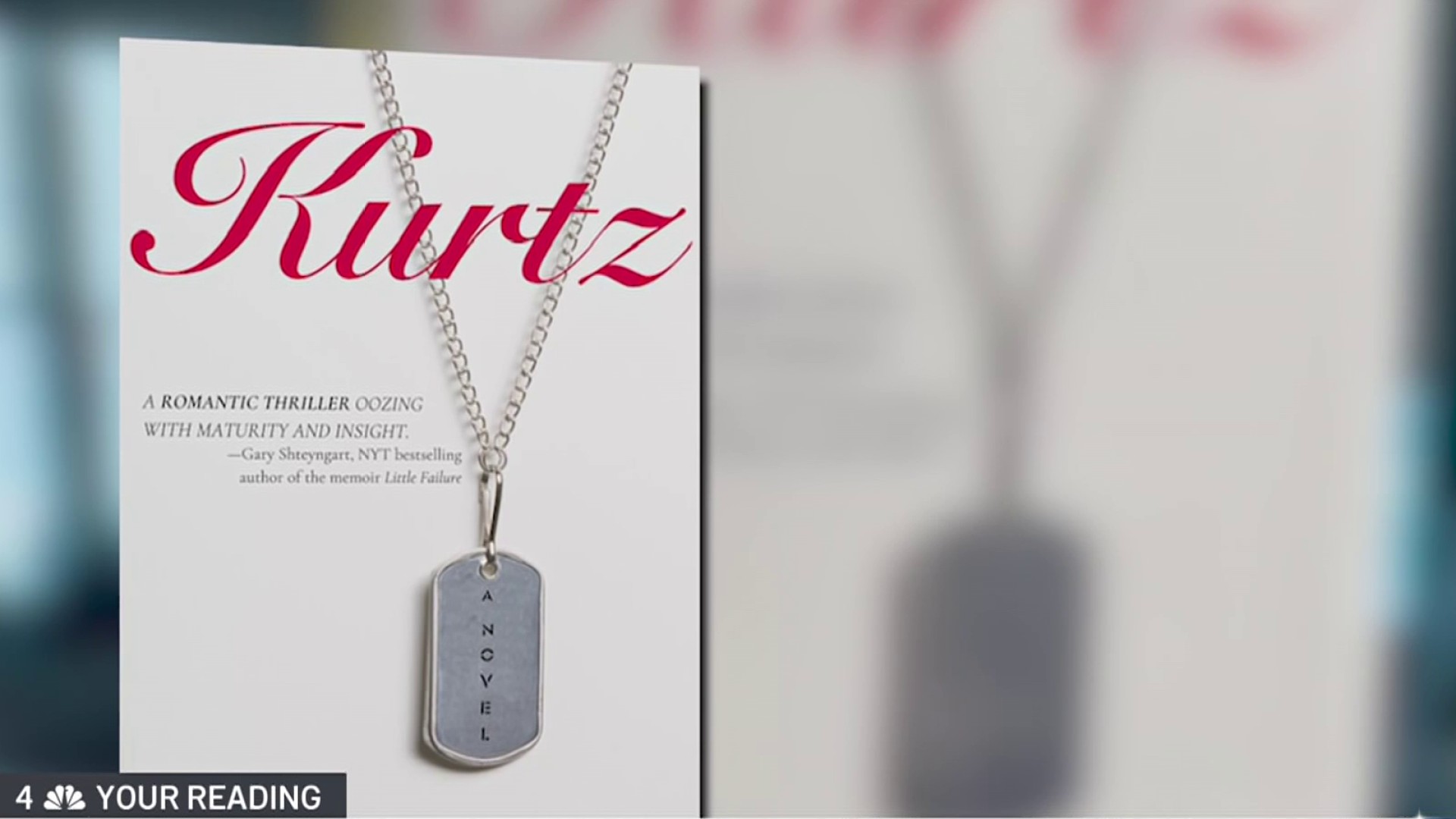The U.S. Department of Veterans Affairs is sending thousands of overpayment notices telling veterans to pay back their benefits.
When Navy veteran Isaac Daniel retired after 22 1/2 years of service, he qualified for disability benefits due to knee issues and near fatal intestinal problems. He started receiving monthly disability payments of $1,100 in 2006. That’s in addition to his retirement check of $1,200 per month.
With a wife and five children all under the age of 19, Daniel relied on both checks.
“Up until this point, I had wonderful things to say about the VA,” he said. “But out of the blue, this thing happened.”
The VA's debt management center sent Daniel a letter in 2016 stating it paid him $18,000 more than what he was "entitled to receive."
“Once I retired, I still had children and a wife, and in 2006 they said you didn’t have them anymore, according to their records,” he said.
The VA told Daniel he never updated nor returned a dependent verification form sent to him.
Local
Washington, D.C., Maryland and Virginia local news, events and information
“They said they sent it,” he said. “I never received it. Never.”
When Daniel called the VA to question the debt, he learned the VA sent the dependent verification form to an address he lived at 35 years ago. He said he thought he updated all his information when he applied for a VA loan and moved to Fort Washington, Maryland.
“Everything was up to date,” he said. “Everything was, except the one place – disability.”
So the debt management center began to garnish his disability check -- all $1,100 of it -- to pay back what the VA said it overpaid him dating to 2006.
The sudden stop in disability benefits hit Daniel's budget hard.
“It was a time when child care costs were higher because of summertime. A time when there was some housing repairs, automotive repairs,” he said. “Everything kind of hit all at the same time. I mean, a daughter in college.”
Daniel is just one veteran News4 heard from.
Zaldy Sabino, a Navy vet and Air Force retired, was told he owed more than $22,000. But Sabino said he never received any disability benefits during the time frame the VA alleges he did.
“They said somebody was receiving it,” Sabino said.
He has no idea who that "somebody" is.
Navy veteran Robert Sullivan, who retired in 2005, said he received two direct deposits from the VA totaling more than $13,000, but didn't know why. He said when he called the VA looking for an answer, he didn't get one.
“After numerous phone calls, nobody would tell me really anything,” he said. “They were very vague about it.”
He said he spent part of the money when he got in a financial bind. Months later the VA sent him a letter asking him to pay it all back.
“Of course I got the letter saying, ‘Hey, we want all this money back,’” he said. “Well, I don’t have it now.”
Each vet said the VA had the wrong information when it came to dependents on their disability benefits.
“They no longer believed I was married,” Sullivan said. “In fact, they didn’t believe I had ever been married.”
The VA also questioned whether Zaldy had children.
“This dependents admission by the VA only came recently,” he said.
Since contacting News4, Sullivan’s and Sabino’s cases have been settled.
Sullivan also reached out to Rep. Gerry Connolly, a Virginia Democrat, who stepped in to advocate on his behalf.
“There is a level of incompetence that is irksome, but to the individuals affected, it can be quite earth-shattering,” Connolly said.
Daniel said his monthly disability benefits have been reinstated.
“They then refunded all the money back to me and gave me my monthly payments back,” he said.
However, members of Congress said the problem with record keeping and communication still exists.
“It’s not only maddening, it actually threatens a family’s budget and their ability to make their rent or their mortgage payment or keep food on the table,” Connolly said.
He is just one advocate for these veterans.
The VA has yet to give Congress any concrete plan to fix the problem, but this past summer it started offering a 12-month payment plan if veterans could not pay back the overpayment in full.
The VA admits it sent more than 260,000 overpayment notices this year. It told Congress it sent 238,000 last year.
The VA secretary denied numerous requests for an interview.
Statement from VA spokesperson:
When VA initially notifies Veterans of their benefits award, the department instructs Veterans to alert VA to any change in dependent status or a future change in address. The best way for veterans to avoid issues regarding dependent and spousal benefit overpayments is to alert VA immediately to any change in dependent status and promptly report any changes in address, as they are initially instructed to do upon notification of their benefits.
While Veterans are responsible for informing VA of any changes in dependent status or address, VA also has a process by which it sends beneficiaries a Dependent Verification Letter to the most recent address provided by the Veteran in order to verify all the Veteran’s dependents. The Veteran has 60 days to return the completed document. If the document is not received, VA begins procedures to remove the dependents and recoup any overpayments made to the Veteran. If mail is returned as undeliverable by the U.S. Postal Service, VA’s Debt Management Center runs an address verification and will resend a debt letter to a more recent address if one is available.
As of August 10, 2017, VA changed its overpayments collections policy so that Veterans are automatically placed into a 12-month recoupment plan, which provides significant financial relief in most cases. Prior to that, benefit recoupment was at 100 percent unless a payment agreement had been entered into.
Reported by Susan Hogan, produced by Patti Petitte and edited by Perkins Broussard.



